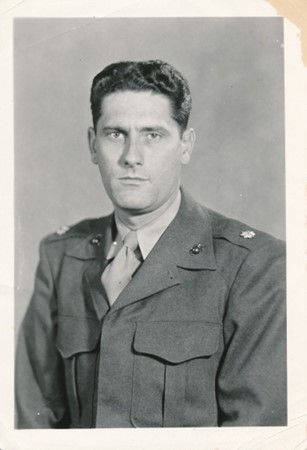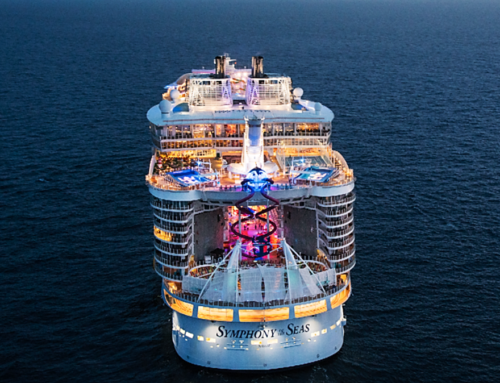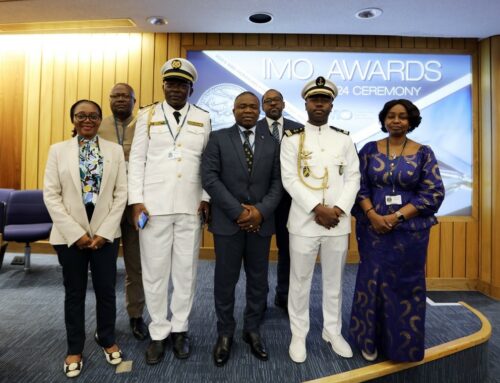Leo Case: A Legacy of Valor, Love, and Justice
 Leo Case was a World War II hero, and a man of extraordinary bravery who risked his life on the battlefield, only to lose his fight to multiple cancers decades later. At 58, this tank commander, a recipient of the Navy Cross — the military’s second-highest honor for valor — succumbed to diseases that his family believes were linked to his exposure to contaminated water at Camp Lejeune, North Carolina. The tragedy of his story now fuels his granddaughter, Jessie Case, quest for justice, not just for her family, but for thousands of veterans and their families affected by one of the largest water contamination crises in U.S. history.
Leo Case was a World War II hero, and a man of extraordinary bravery who risked his life on the battlefield, only to lose his fight to multiple cancers decades later. At 58, this tank commander, a recipient of the Navy Cross — the military’s second-highest honor for valor — succumbed to diseases that his family believes were linked to his exposure to contaminated water at Camp Lejeune, North Carolina. The tragedy of his story now fuels his granddaughter, Jessie Case, quest for justice, not just for her family, but for thousands of veterans and their families affected by one of the largest water contamination crises in U.S. history.
After his military service, Leo Case’s life was overshadowed by illness. He passed away in 1976, riddled with bowel, colon, liver, and lung cancer. It wasn’t until the passing of the PACT Act of 2022, expanding benefits to millions of veterans exposed to toxic substances, that his granddaughter, Jessie Hoerman, embarked on a journey to uncover the truth about his death.
For Jessie, it became personal. As an attorney in St. Louis, she spent two years relentlessly digging through muster rolls, yearbooks, and forgotten military archives. Her goal: to piece together the fragments of her grandfather’s service history, to prove his presence at Camp Lejeune during the years when water contamination was rampant, and to build a case that he was one of the countless victims.
Camp Lejeune, where Leo was stationed after World War II, has been the focal point of a massive public health crisis. From 1953 to 1987, the base’s water supply was contaminated with a cocktail of dangerous chemicals, including trichloroethylene, tetrachloroethylene, vinyl chloride, and benzene, which are also known as “forever chemicals”, due to how long they remain in the environment. These toxic substances have been linked to devastating diseases, from cancers to cardiac defects. Up to 1 million veterans, their families, and workers were exposed, Leo Case was among the first.
Jessie’s search for justice for her grandfather has turned into a mission to help other families facing the same uphill battle. “It’s become very personal,” she said. Her collection of military records, now possibly the largest private archive of Camp Lejeune-related materials, includes muster rolls, phone directories, and yearbooks that could help thousands of other veterans and their loved ones prove their claims.
“I want to go and find these families,” she said. “I want to give these hard copies back.”
The road to justice has been grueling. Despite the enactment of the Camp Lejeune Justice Act, a provision of the PACT Act allowing victims to pursue litigation against the government, only a small fraction of cases have been resolved. More than 550,000 claims have been filed, but the Navy, which oversees the Marine Corps, has settled only 81 cases. The majority of claims lack the necessary proof, particularly for those who served in the 1950s and 1960s, making Jessie’s research invaluable.
Her determination to gather records from eBay, antique stores, and national archives has helped shine a light on where and when tens of thousands of Marines served at Camp Lejeune. She has meticulously tracked down hard-to-find cruise books, used to show deployment locations, and invested over $14,000 of her own money to build this archive, which she hopes will ease the burden for other veterans’ families.
For Jessie, this is more than just a legal battle. Leo Case was a man who survived the harrowing battle of Iwo Jima, and showed unmatched heroism in Guadalcanal, where he saved his crew under heavy enemy fire. He was also a man who helped Marines as a lawyer in civilian life, never charging them for his services, and who had a personal hobby for softball, as evidenced by a newspaper photo she uncovered of him coaching at Camp Lejeune.
“All I know about him are stories,” Jessie said. However, through her tireless work, she writes a new chapter of his legacy — one of justice, courage, and undying love for those who served.
Leo Case’s story may have started with valor on the battlefield, but it ends with his granddaughter’s relentless pursuit to honor his sacrifice, and the sacrifice of so many others, will never forgotten.
Note: The deadline to file claim in the Camp Lejeune Justice Act has passed on August 10, 2024, so if your claim was not filed by then, the statute of limitations precludes your from filing after this date.
We the Herd Law Firm, PLLC, we support every man, woman, and child exposed to contaminants at Camp Lejeune, and believe you deserve quality, attentive legal representation. We are proud to be able to aid our veterans and their families in seeking restitution for their injuries. I, Charles Herd, am the proud son of a World War II veteran, and Brandon has bravely fought for our country as well!
10/10/2024










